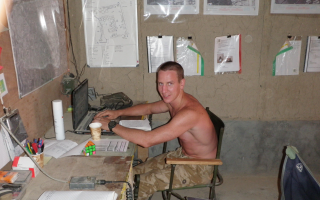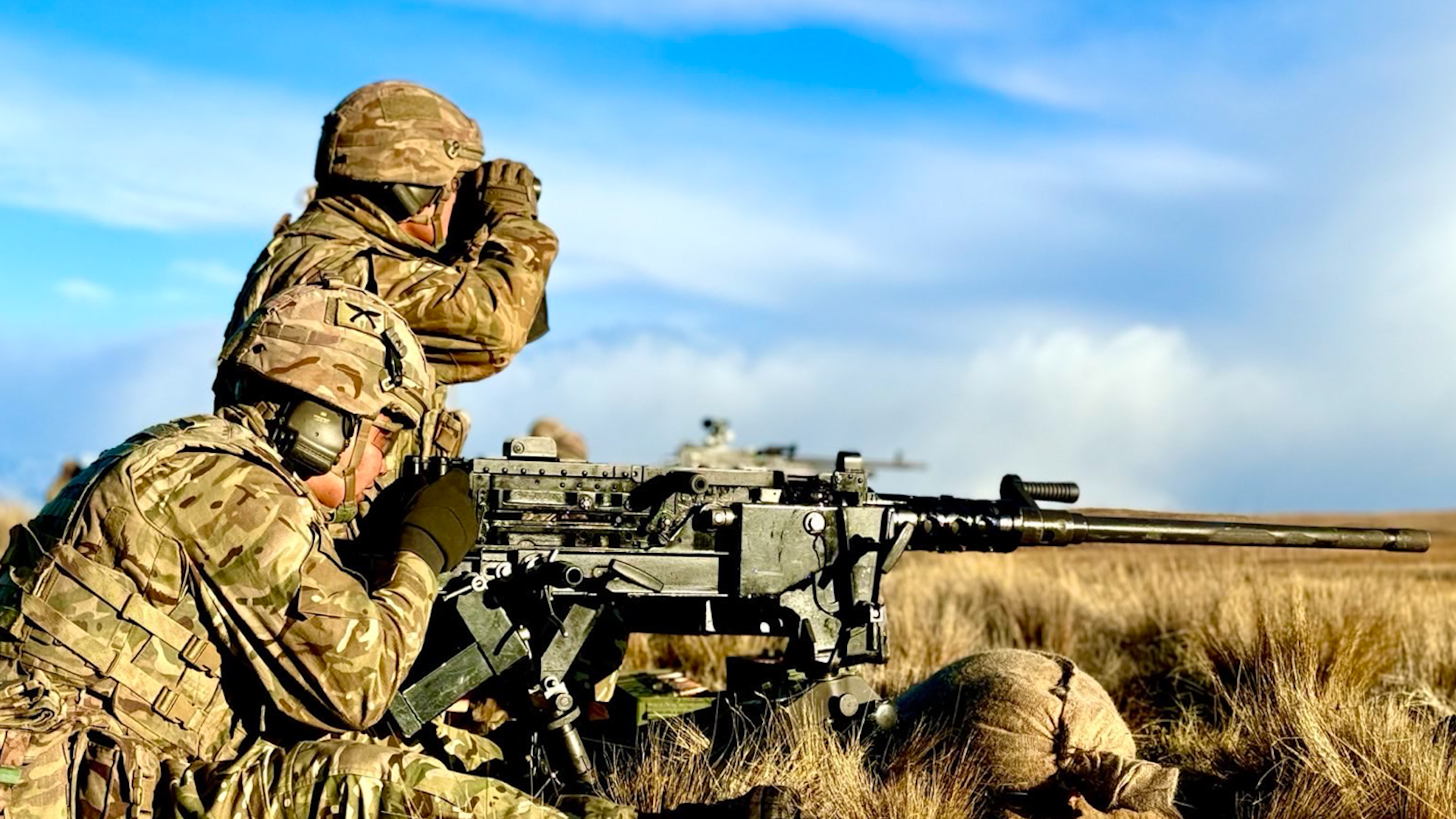
Raising defence spending to 2.5% of GDP is just the starting gun, says Armed Forces Minister

Raising defence spending to 2.5% of GDP is just the start in a process of bolstering the UK's security through modernisation, the Armed Forces Minister has said.
Luke Pollard was speaking following the Prime Minister's announcement that defence spending would increase to 2.5% of GDP by 2027 by reducing the foreign aid budget.
There has been a growing debate around defence spending, and even civil defence, around Europe amid the ongoing conflict in Ukraine and President Trump's views on defence spending.
The need for modernisation
Mr Pollard, who was speaking at the Security and Defence 2025 Conference at Chatham House, said: "The amount [2.5%] is just the starting gun in a much bigger race to protect Britain's security.
"It is not just defence spending that has failed to keep pace with the impending threat. Defence modernisation has fallen badly behind too.
"UK defence remains fundamentally shaped by the risk and the demand of the post-Cold War era, where there was no direct threat to our security from a major adversary, nor an imperative to be immediately ready for war, to defend our homeland or to mobilise our defence industry.
"And at a time of dizzying progress in military technology, warfare and global geopolitics, standing still meant one thing – that meant rapid obsolescence."
A much bigger process
The Plymouth Sutton and Devonport MP spoke about how the defence spending boost was part of a bigger effort to improve the Armed Forces.
He added: "2.5% is just the start of a much bigger process. The more fundamental challenge is to fully bring our Armed Forces into the modern era and build a leading, tech-enabled military capable of deterring, fighting and winning through constant innovation at a wartime pace."
Mr Pollard also commented that Europe must once again "earn" the peace and prosperity it has enjoyed since the end of the Second World War by investing more in defence.
He went on: "The peace and prosperity that Europe has enjoyed since 1945 is the longest such period for many centuries.
"But it is important to recognise that we have no natural right to that peace and prosperity.
"And we once again have to earn it by transforming the whole of defence and how it supports the Armed Forces, by investing in new capabilities and strengths, by bolstering our collective security through partnerships and alliances, and by innovating and reforming at a wartime pace.
"That is how we will stay safe at home and strong abroad."
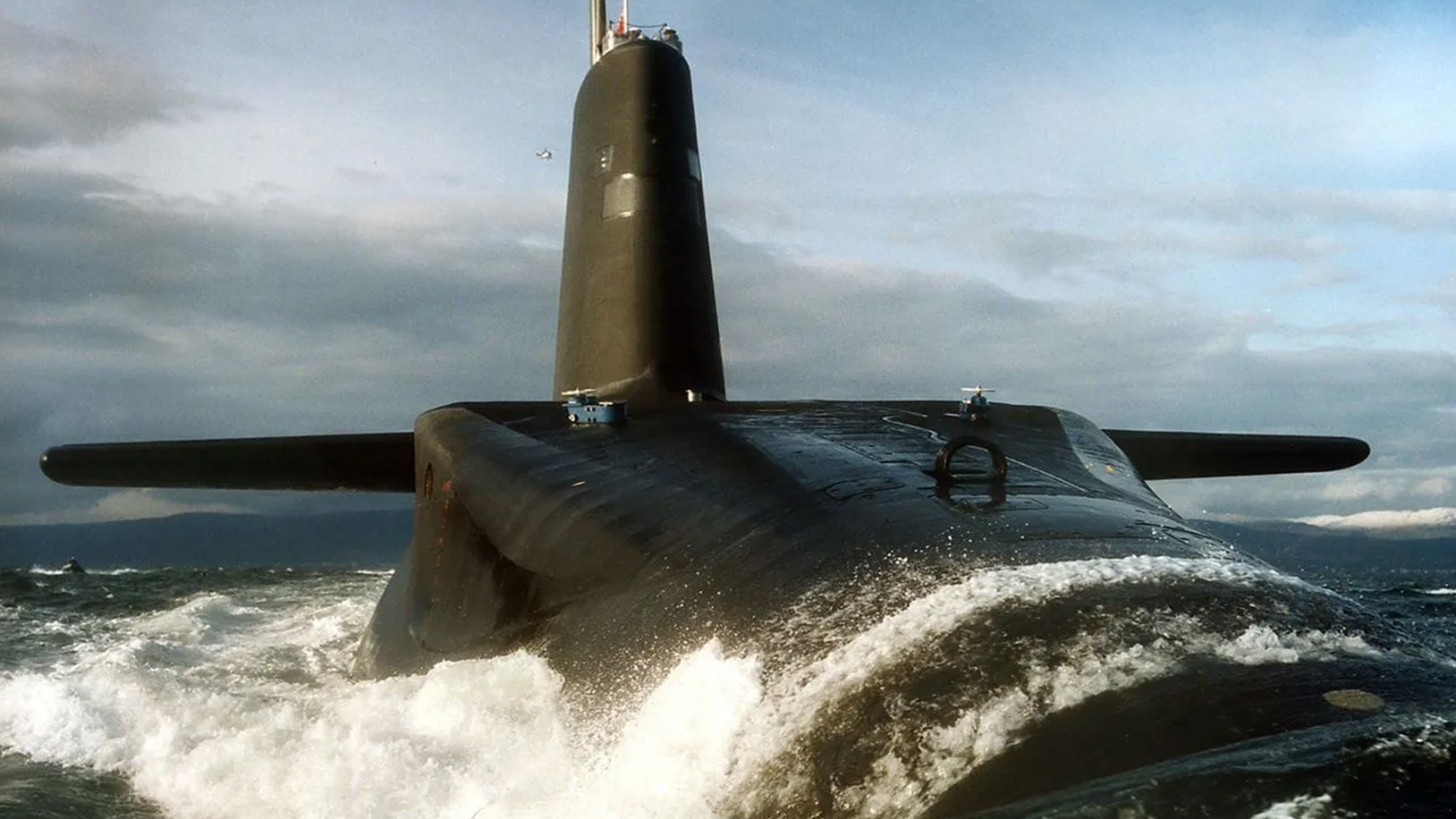
Trident and its infrastructure
Mr Pollard called for greater funding for Trident, the UK's nuclear deterrent programme, as he said the submarines were too big to get into docks for maintenance and refitting.
He said: "I think we need to invest more in our nuclear deterrent, not just in our submarines and the people who serve on them but in the entire infrastructure that's gone along with it.
"I know that decades of underinvestment means the submarines we are now building are, I think, in technical terms, too fat to fit in the docks that the submarines are refitted in.
"We've designed new submarines, but we've not designed new infrastructure - and now we're coming late to it."
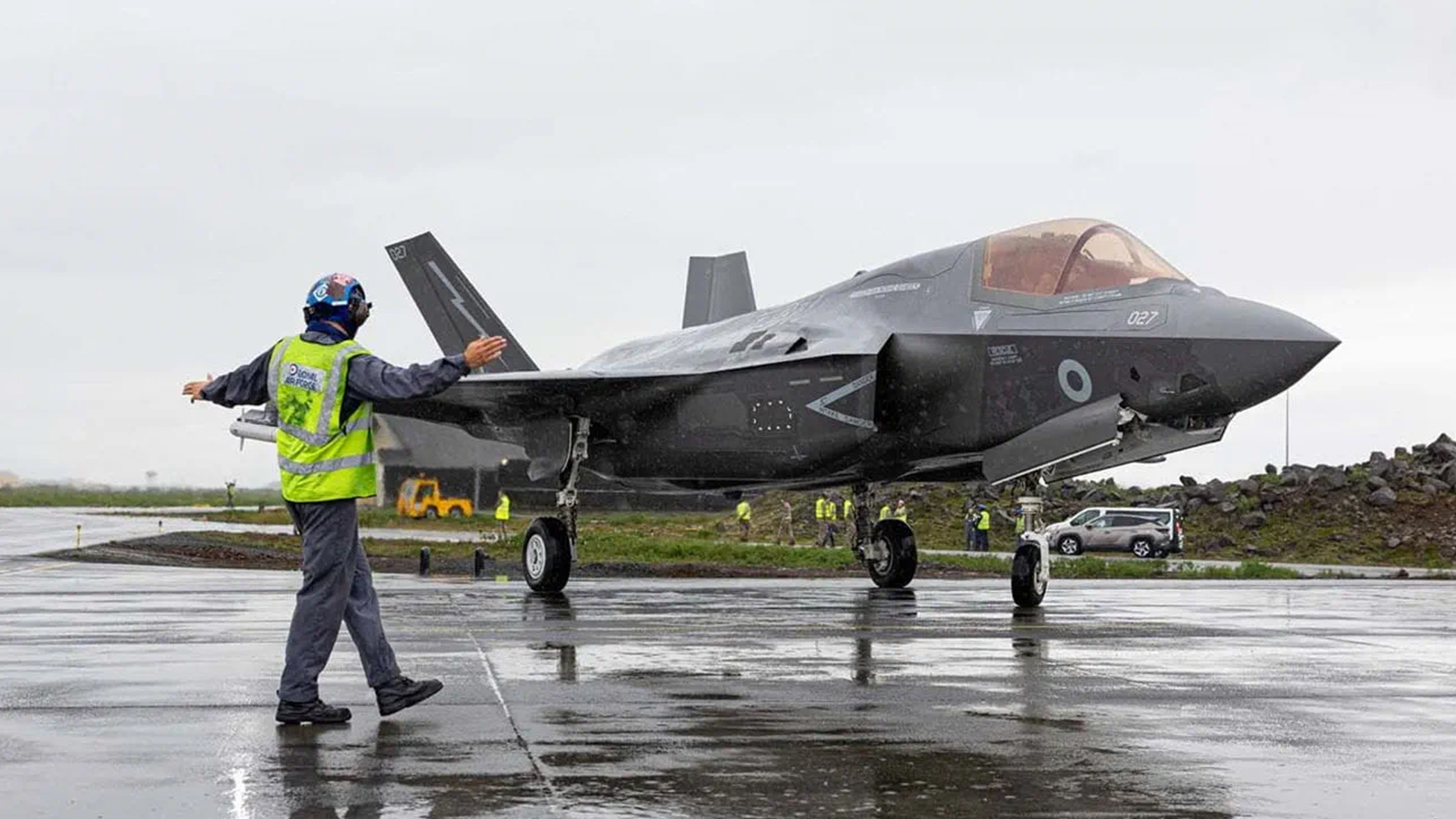
The Strategic Defence Review
The minister revealed the Strategic Defence Review would be released "soon".
Lord Robertson, a former Nato secretary general, along with Dr Fiona Hill, a deputy assistant to the US President, and General Sir Richard Barrons, an ex-deputy chief of the defence staff, will lead the review into policy areas such as the size and shape of the Armed Forces and a Nato-first defence policy.
"[Lord] George Robertson has a big job in producing his SDR which will come out soon, that will set out the shape of our structures," Mr Pollard said.
"But what we are certainly looking at in the meantime is we've inherited a system across our Armed Forces, where the structures are inefficient and in many cases are needing reform anyway.
"So he will set out the size and shape, but there's things as ministers we are already looking at in relation to retention and recruitment that will make that work better."
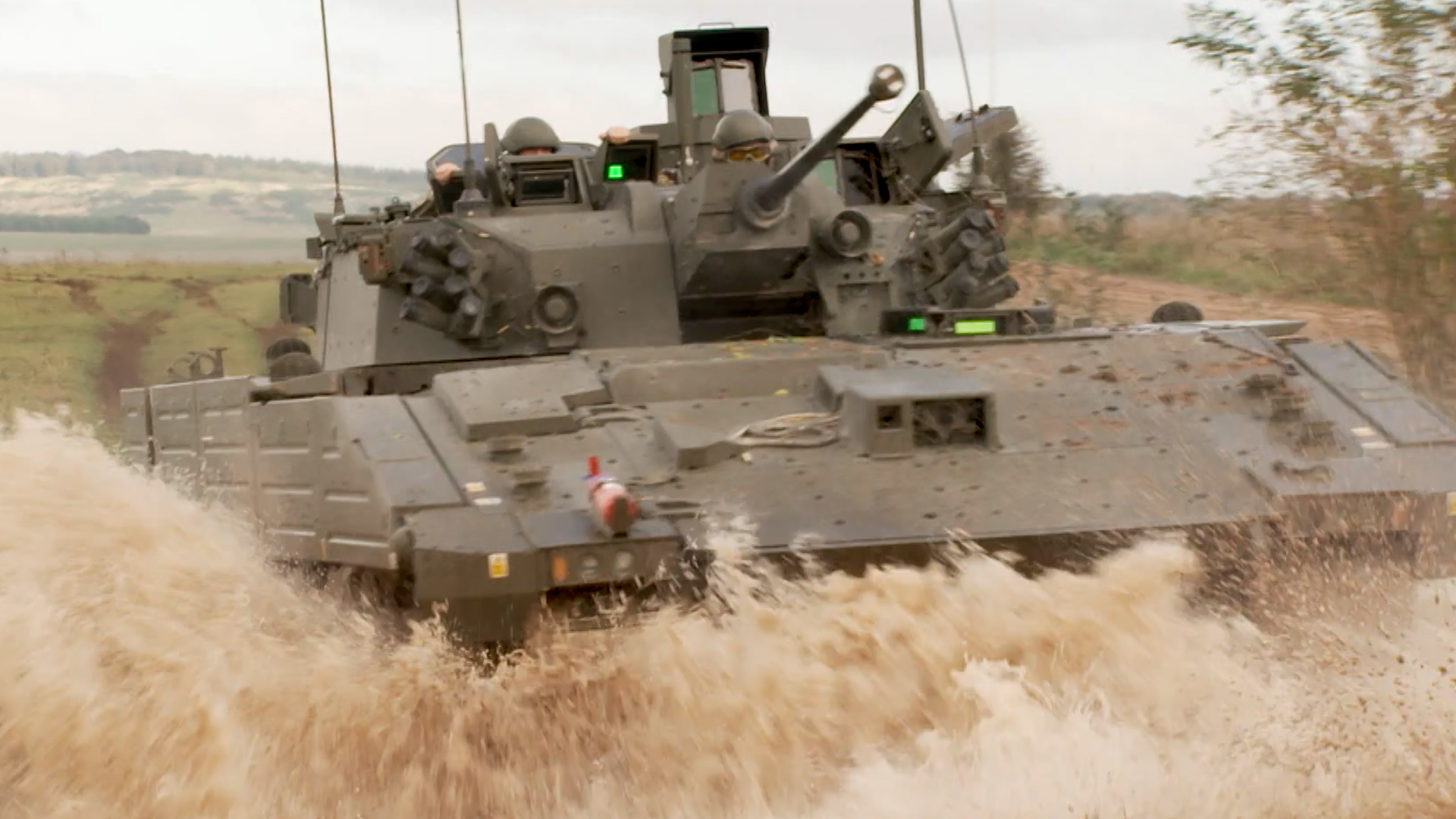
Exporting equipment
The Armed Forces Minister added that the UK must not be "over-Gucci" when creating expensive or tech-heavy equipment just for the UK Armed Forces, but should be exporting Nato standard kit.
He said: "When we make stuff in the UK from now on, we must not be over-Gucci with it, so it can only be used by UK forces.
"And then because we've made it so specialist, we can't get as much of it as we wanted to in the first place.
"Let's start producing stuff that is designed to be Nato standard, that's designed for export, that's designed to be attributable in many cases, perhaps our high-end gear, perhaps less so.
"But that is a different way that defence procurement can support our industry."








